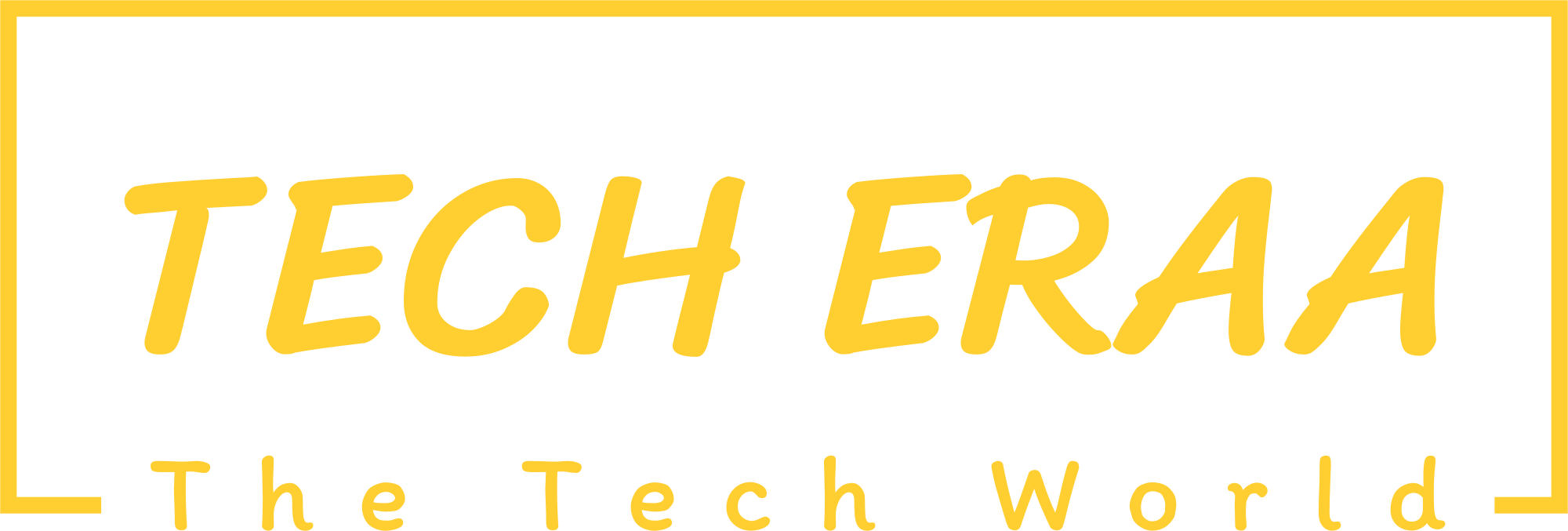Facing Database Choices? Here’s What You Need to Know
When it comes to selecting the right database management system (DBMS), the decision can be daunting. Two of the most popular choices, MySQL and PostgreSQL, each offer unique advantages. Understanding these differences can help you make an informed decision tailored to your business needs.
Comparative Analysis: MySQL vs PostgreSQL
Performance & Scalability
MySQL is known for its efficiency and speed, making it a dependable choice for various applications. It’s designed to handle high-traffic websites and applications with numerous concurrent connections.
PostgreSQL excels in handling complex queries and managing large datasets. It’s particularly well-suited for applications requiring advanced analytics and complex data processing. PostgreSQL’s scalability and flexibility make it a strong contender for enterprise applications.
Features & Extensions
PostgreSQL is a feature-rich database, often called the “Swiss Army knife” of databases. It supports advanced data types and powerful extensions, such as PostGIS for geospatial data, making it ideal for developers needing more than basic data storage.
MySQL, while simpler, is highly efficient for web applications. It offers reliability and speed, making it an excellent choice for straightforward database tasks.
Compatibility & Ecosystem
MySQL’s widespread adoption has fostered a vast ecosystem, making it compatible with various tools and technologies. This makes integrating MySQL into your tech stack relatively straightforward.
PostgreSQL has been gaining popularity due to its compliance with standards and advanced features. It has become a go-to for enterprise applications that require robust data management capabilities beyond conventional web applications.
Security & Reliability
Both databases prioritize security. PostgreSQL is known for its robust access control and commitment to data integrity, making it a reliable choice for critical data applications.
MySQL offers essential security features to protect your data, and its reliability is well-established. Thus, it provides a secure environment for your applications.
Community Support & Development
Both MySQL and PostgreSQL benefit from active development communities. PostgreSQL thrives on its open-source nature, with a community eager to innovate and provide support. MySQL also has a large user base and a supportive community, contributing to its ongoing development and reliability.
Deployment and Maintenance
Ease of Setup
MySQL is known for its straightforward installation process and ease of setup, making it a favourite among new developers and those looking for quick deployment. Its user-friendly interface and extensive documentation facilitate a smooth installation process.
While slightly more complex to set up, PostgreSQL offers extensive configuration options that provide greater control over database operations. This can benefit developers with specific needs and advanced technical skills.
Maintenance and Upgrades
Both MySQL and PostgreSQL offer robust maintenance tools but differ in approach. MySQL provides automated tools for routine maintenance tasks, which can save time and reduce the risk of human error. Conversely, PostgreSQL offers more manual control over maintenance operations, allowing for customized solutions tailored to unique project requirements.
Backup and Recovery
Efficient backup and recovery mechanisms are critical for any database system. MySQL offers reliable backup solutions, but PostgreSQL’s advanced features, such as point-in-time recovery and logical backups, provide an extra layer of security and flexibility. These features are especially valuable for large-scale applications where data integrity and quick recovery are paramount.
Choosing the Right Database for Your Needs
When deciding between MySQL and PostgreSQL, consider your project’s specific requirements. MySQL’s simplicity and speed make it an excellent choice for web applications and projects requiring less complex data. Its ease of use and vast ecosystem support quick development and deployment.
PostgreSQL’s rich feature set, advanced data handling capabilities, and robust security measures make it ideal for enterprise-level applications and projects requiring extensive data manipulation and analysis. Its scalability and compliance with SQL standards ensure that it can meet the demands of complex and growing applications.
Final Thoughts
Selecting the right Database is essential for the success of your projects. Both MySQL and PostgreSQL have their strengths, and understanding these can help you choose the best fit for your needs. Whether you prioritize speed and simplicity or advanced features and scalability, both databases offer robust solutions to support your business objectives.
For further assistance in database management, consider exploring solutions that provide comprehensive support and customisable backup strategies. Ensuring your database is secure and efficiently managed is crucial for maintaining its integrity and availability. To learn more about advanced database backup solutions, visit UpBack’s PostgreSQL Database Backup page.
By aligning your database choice with your project needs and employing reliable backup strategies, you can focus on innovation and growth while ensuring your data remains secure and accessible.


